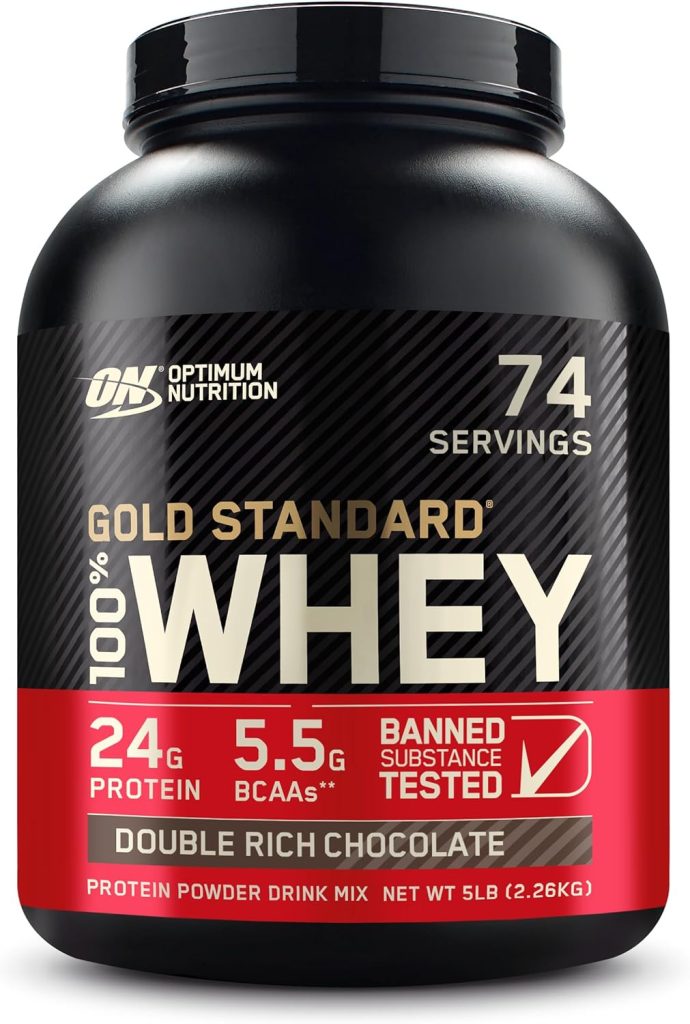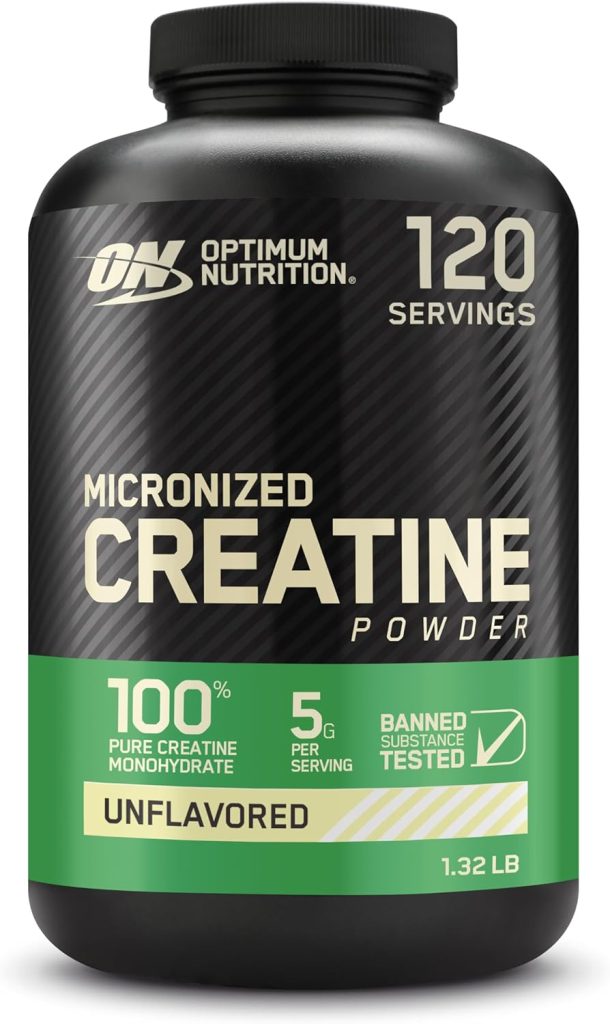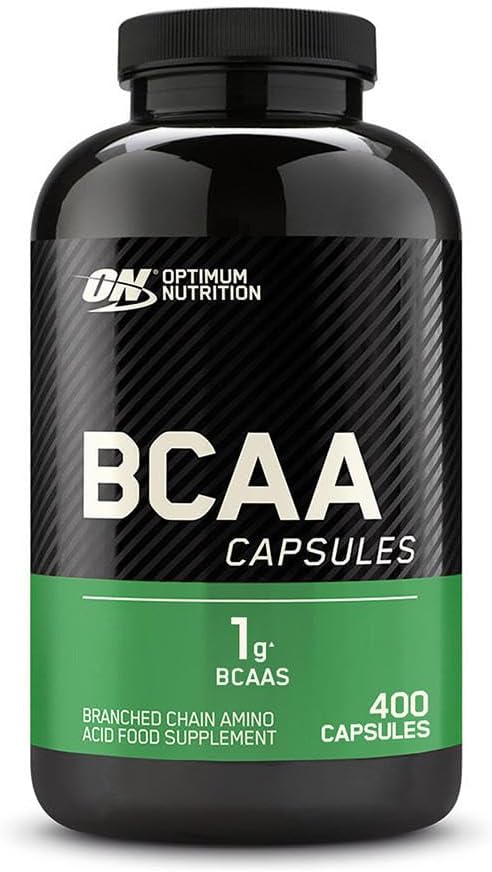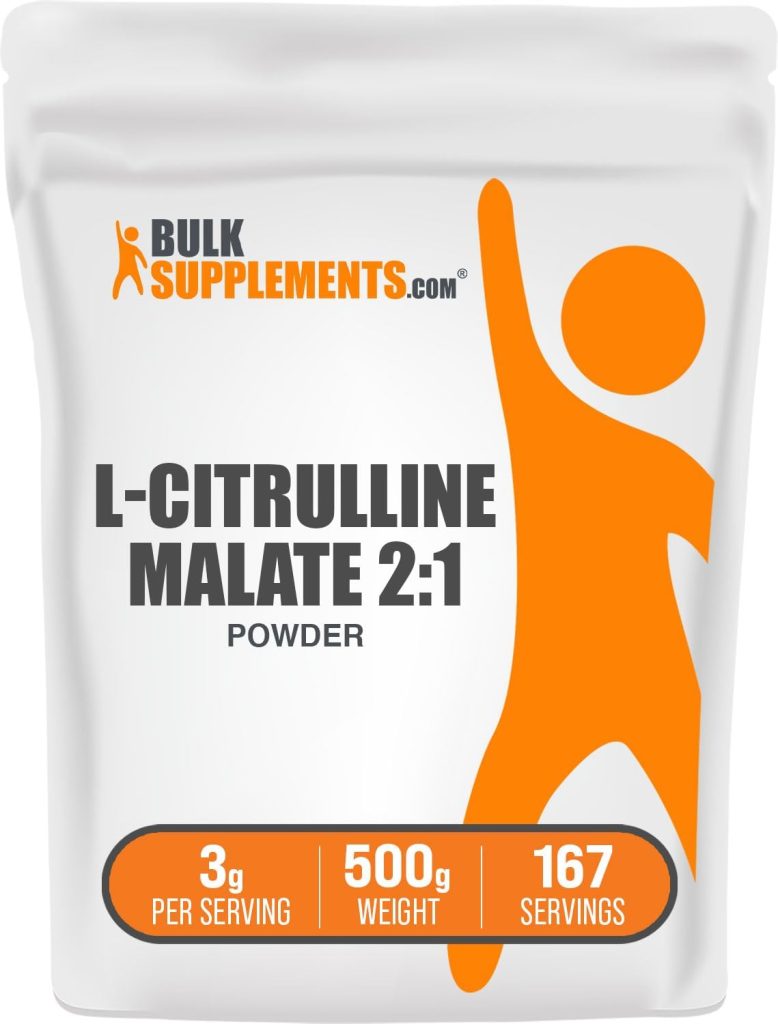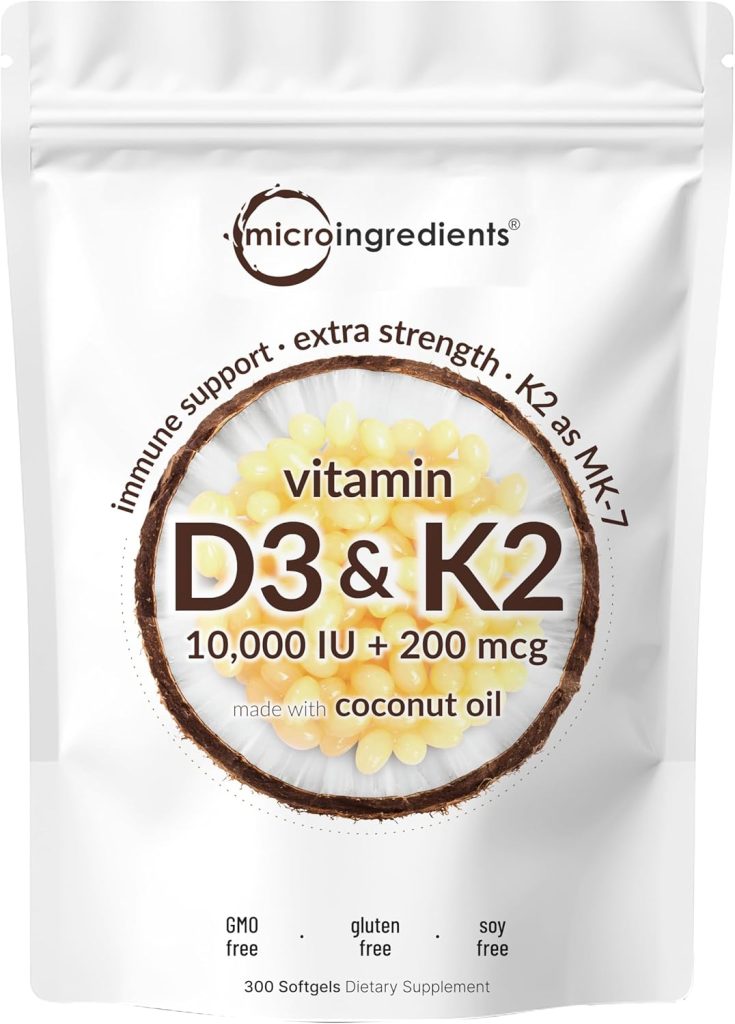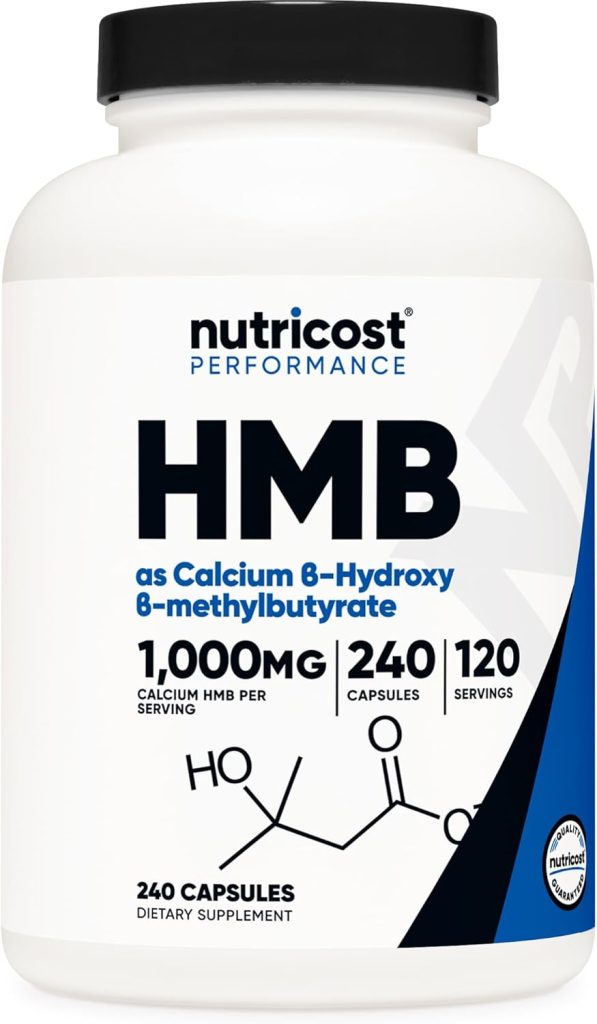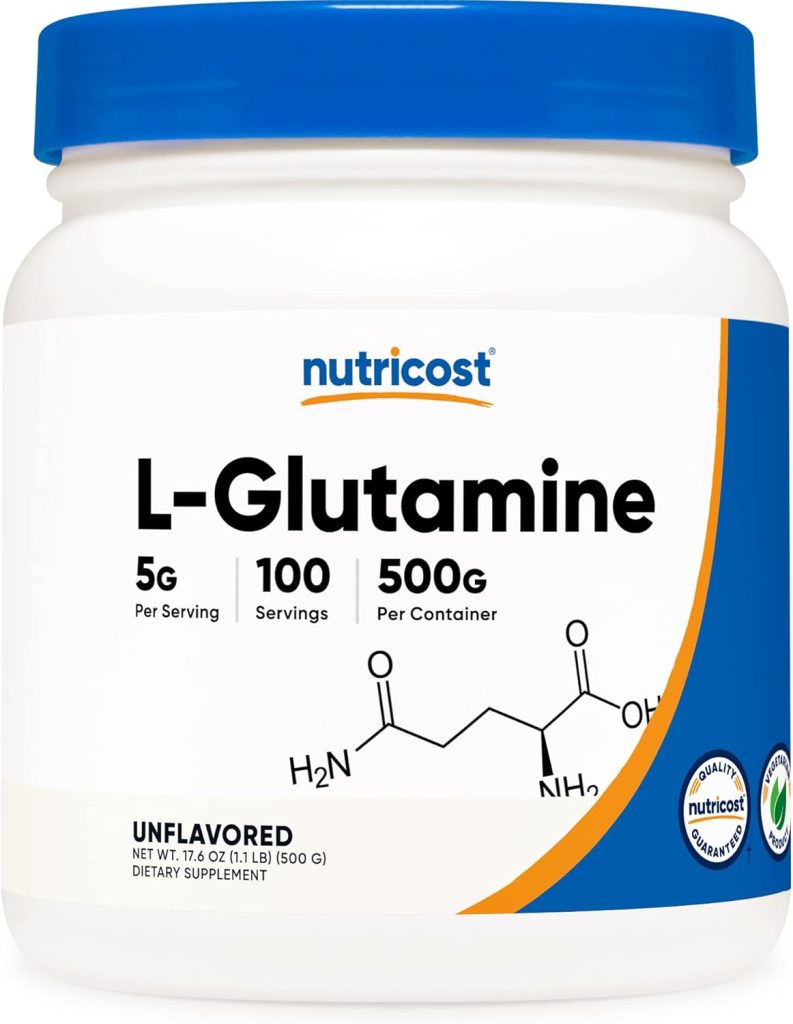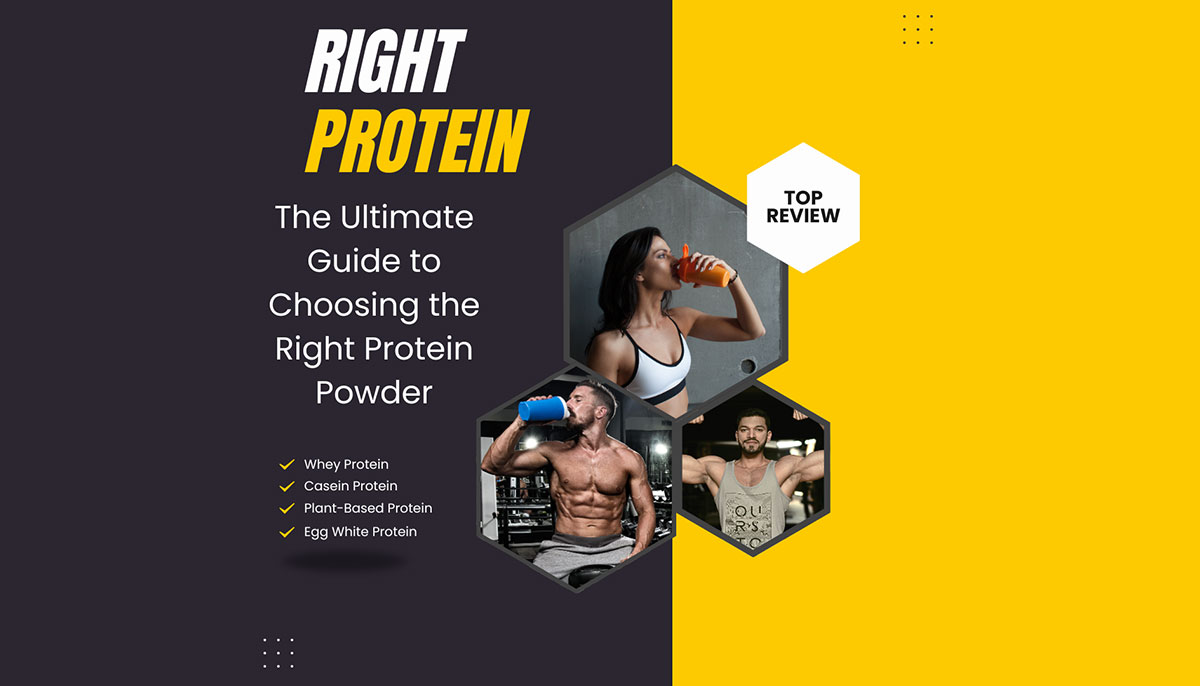As someone who’s spent years in the gym and experimenting with various supplements, I’ve learned that while proper nutrition and a well-designed workout regimen form the foundation of any successful muscle-building program, legal supplements can provide that extra edge to help you reach your goals faster and more efficiently. In this comprehensive guide, I’ll share my insights on the top 10 legal supplements that can help you achieve your muscle-building goals safely and effectively.
1. Whey Protein Isolate
This fast-absorbing protein is rich in essential amino acids, particularly leucine, which plays a crucial role in muscle protein synthesis.
Consuming whey protein immediately after workouts can significantly boost muscle recovery and growth. I’ve personally experienced faster recovery times and improved muscle gains since incorporating whey protein into my post-workout routine.
The versatility of whey protein makes it a staple in any fitness enthusiast’s supplement arsenal. You can mix it with water for a quick post-workout shake, blend it into smoothies, or even use it in baking to increase the protein content of your favorite treats.
It’s rapid absorption rate makes it ideal for kickstarting the muscle recovery process as soon as you finish your training session.
When choosing a whey protein supplement, look for whey protein isolate for a purer form with less lactose and fat. This can be particularly useful if you’re watching your calorie intake or have mild lactose sensitivities.
Whey protein isolate typically contains 90% or more protein by weight, compared to whey concentrate, which usually contains 70-80% protein.
For optimal results, aim to consume 20-30 grams of whey protein within 30 minutes after your workout. This timing takes advantage of the “anabolic window,” a period when your muscles are most receptive to nutrient uptake and protein synthesis.
You can get the best Whey Protein Isolate from Amazon here
2. Creatine Monohydrate
Creatine is one of the most extensively studied supplements in the fitness world, and for good reason. It works by increasing your body’s capacity to produce ATP (adenosine triphosphate), the primary energy source for muscle contractions.
From my personal experience, I can attest that creatine enhances strength and power and promotes muscle volumization, giving you that fuller, more muscular look. One of the most significant benefits of creatine is it’s ability to help you push through plateaus in your training.
By increasing your body’s energy reserves, you’ll find yourself able to squeeze out those extra reps or add a few more pounds to your lifts.
Over time, this translates to more significant muscle gains and improved overall performance.
Contrary to some persistent myths, creatine is safe for long-term use and doesn’t need cycling. There’s no need to take breaks from creatine supplementation.
Consistent use will maintain elevated creatine levels in your muscles, ensuring you reap the most benefits.
The most common and effective form of creatine is creatine monohydrate. While other forms exist, such as creatine ethyl ester or creatine hydrochloride, research consistently shows that creatine monohydrate is just as effective, if not more so, and is typically more affordable.
For best results, start with a loading phase of 20 grams per day for 5-7 days, split into 4-5 doses throughout the day. After this initial period, maintain with a daily dose of 3-5 grams.
Some people may experience slight water retention during the first week or two of supplementation, but this is temporary and actually contributes to the muscle volumization effect.
3. Beta-Alanine
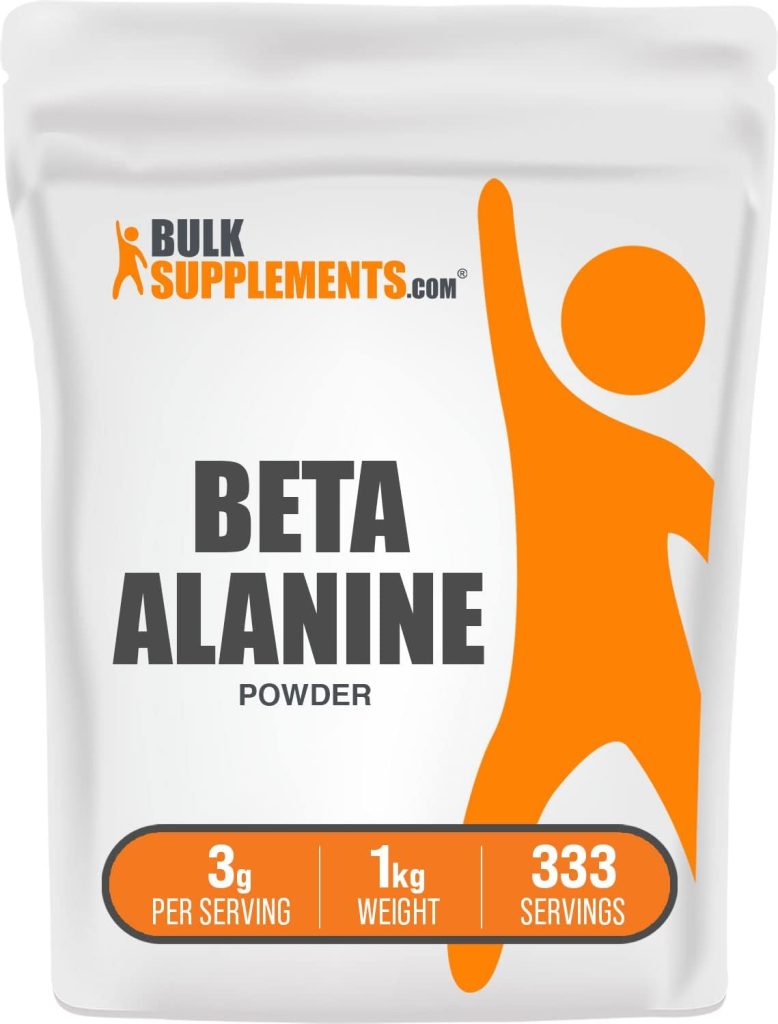
Beta-alanine is a non-essential amino acid that helps buffer lactic acid in your muscles. This means you can push harder and longer during high-intensity workouts.
I’ve noticed a significant improvement in my endurance and ability to perform more reps when supplementing with beta-alanine.
The science behind beta-alanine is fascinating. It works by increasing muscle carnosine levels, which act as a buffer against the buildup of hydrogen ions during intense exercise.
This buffering effect delays the onset of muscle fatigue, allowing you to maintain higher intensity levels for longer periods.
Beta-alanine is particularly effective for high-intensity, short-duration activities lasting 1-4 minutes. This makes it an excellent supplement for activities like weightlifting, sprinting, or high-intensity interval training (HIIT).
When you first start taking beta-alanine, you might experience a harmless tingling sensation known as paresthesia. This is a common side effect and typically subsides as your body adapts to the supplement.
To minimize this sensation, start with a lower dose and gradually increase it over time.
The recommended dosage for beta-alanine is typically 2-5 grams per day. For best results, split this into smaller doses throughout the day.
Some pre-workout supplements already include beta-alanine, so be sure to account for this when calculating your daily intake.
4. Branched-Chain Amino Acids (BCAAs)
Branched-Chain Amino Acids, or BCAAs, consist of three essential amino acids: leucine, isoleucine, and valine. These amino acids play a crucial role in muscle protein synthesis and recovery.
I find BCAAs particularly useful when training in a fasted state or during long, intense workouts to prevent muscle breakdown.
The beauty of BCAAs comes from their versatility. You can sip on them during your workout to maintain a positive protein balance, or use them between meals to keep your muscles in an anabolic state throughout the day.
They’re especially useful for those following intermittent fasting protocols or trying to maintain muscle mass while cutting calories.
Leucine, in particular, is a potent stimulator of muscle protein synthesis. It activates a pathway in the body known as mTOR (mammalian target of rapamycin), which is a key regulator of muscle growth.
For this reason, many BCAA supplements have a higher ratio of leucine compared to isoleucine and valine.
When choosing a BCAA supplement, aim for a 2:1:1 ratio of leucine to isoleucine to valine for optimal results. This ratio has been shown to be the most effective for stimulating muscle protein synthesis and supporting recovery.
The recommended dosage for BCAAs is typically 5-10 grams per day. You can take them before, during, or after your workout, or even throughout the day.
Some people find that taking BCAAs before fasted cardio helps preserve muscle mass while burning fat.
5. Citrulline Malate
Citrulline malate is a compound that enhances nitric oxide production, improving blood flow to your muscles. This results in better nutrient delivery and waste removal, leading to improved performance and reduced fatigue.
I’ve experienced noticeable improvements in my pump and overall workout endurance since incorporating citrulline malate into my supplement regimen.
What sets citrulline malate apart is it’s dual-action approach. The citrulline component boosts nitric oxide production, while the malate part supports energy production in the Krebs cycle.
This combination enhances blood flow and helps combat fatigue during intense training sessions.
Citrulline malate has been shown to increase ATP production during exercise, which can lead to improved performance and reduced muscle soreness. It may also help reduce lactic acid buildup, allowing you to train harder for longer periods.
For best results, take citrulline malate about 30-60 minutes before your workout. This timing allows the supplement to reach peak levels in your bloodstream just as you’re hitting your stride in the gym.
The recommended dosage is typically 6-8 grams per day.
Get your own L-Citrulline Malate Powder from Amazon here
Some pre-workout supplements already include citrulline malate, but often in lower doses than what research suggests is optimal. If you’re using a pre-workout, check the label to see how much citrulline malate it contains and consider supplementing with extra citrulline malate if needed.
6. Vitamin D3
While not typically considered a muscle-building supplement, vitamin D3 plays a crucial role in muscle function and strength. Many people are deficient in this essential vitamin, which can hinder muscle growth and overall health.
I make sure to supplement with vitamin D3, especially during the winter months when sun exposure is limited.
Vitamin D3’s impact on muscle growth goes beyond it’s well-known role in bone health. It’s involved in protein synthesis, muscle contraction, and even testosterone production – all crucial factors for muscle growth and strength development.
Additionally, adequate vitamin D levels have been linked to reduced inflammation and improved recovery, both of which are essential for consistent progress in the gym.
Research has shown that vitamin D deficiency is associated with decreased muscle strength and increased risk of falls, particularly in older adults. Supplementing with vitamin D3 can help improve muscle strength and function, especially in those who are deficient.
The recommended daily intake of vitamin D varies depending on factors like age, skin tone, sun exposure, and geographical location. However, many experts suggest that adults aim for 1000-2000 IU (International Units) per day.
Some people may need higher doses, especially if they’re deficient.
It’s important to get your vitamin D levels checked regularly to ensure optimal supplementation. A simple blood test can decide your current vitamin D status and help guide your supplementation strategy.
Remember, vitamin D is fat-soluble, so it’s best absorbed when taken with a meal that contains some fat.
7. Fish Oil
Fish oil, rich in omega-3 fatty acids EPA (eicosapentaenoic acid) and DHA (docosahexaenoic acid), offers many benefits for muscle growth and overall health. It helps reduce inflammation, improve insulin sensitivity, and enhance muscle protein synthesis.
I’ve found that regular fish oil supplementation has improved my recovery time and joint health, allowing me to train harder and more often.
The anti-inflammatory properties of fish oil are particularly useful for athletes and bodybuilders. By reducing exercise-induced inflammation, fish oil can help you recover faster between workouts and potentially reduce the risk of overuse injuries.
In addition, the improved insulin sensitivity can lead to better nutrient partitioning, ensuring that more of the calories you consume go towards building muscle as opposed to being stored as fat.
Fish oil may also help improve muscle protein synthesis, particularly when combined with amino acids. This can lead to increased muscle growth over time.
Some studies have even suggested that fish oil supplementation can help reduce muscle soreness and improve range of motion after intense exercise.
When choosing a fish oil supplement, look for a high-quality product with a high EPA and DHA content to maximize benefits. Look for products that have been third-party tested for purity and potency.
This confirms you’re getting a product free from contaminants like mercury and other heavy metals.
The recommended dosage of fish oil can vary depending on your specific needs and goals. However, a general guideline is to aim for 1-3 grams of combined EPA and DHA per day.
If you’re using fish oil primarily for it’s anti-inflammatory effects, you might want to lean towards the higher end of this range.
To minimize any potential fishy aftertaste, try taking your fish oil supplement with meals or freezing the capsules before taking them. Some people find that this helps reduce any unpleasant burping or aftertaste.
Get your best Fish Oil from Amazon
8. Beta-Hydroxy Beta-Methylbutyrate (HMB)
HMB is a metabolite of leucine that has been shown to reduce muscle protein breakdown and enhance muscle growth, especially in untrained people or those returning from a break. While the effects may be less pronounced in experienced lifters, I still find HMB useful during intense training phases or when trying to maintain muscle mass during a cut.
What makes HMB interesting is it’s potential to support muscle growth through multiple mechanisms. It reduces muscle protein breakdown, stimulates muscle protein synthesis, and may even enhance muscle cell proliferation.
This multi-faceted approach makes it a valuable tool in your muscle-building arsenal, particularly during periods of high stress on your muscles.
HMB appears to be particularly effective in preventing muscle loss during periods of calorie restriction or intense training. This makes it a valuable supplement for bodybuilders and athletes who go through cutting phases or engage in high-volume training.
Research has shown that HMB may also help improve recovery from intense exercise. Some studies have found that HMB supplementation can reduce markers of muscle damage and soreness following high-intensity resistance training.
The typical dosage for HMB is 3 grams per day, usually divided into three 1-gram doses taken throughout the day. Some research suggests that timing one of these doses before your workout may be useful.
HMB works synergistically with creatine, so consider combining the two for enhanced results. This combination can be particularly effective during bulking phases or when trying to break through plateaus.
When using HMB and creatine together, you can stick to the standard dosages for each supplement.
You can get your HMB here from Amazon
9. Caffeine
Caffeine is a powerful ergogenic aid that can significantly boost performance, focus, and fat burning. I always include caffeine in my pre-workout routine to enhance my energy levels and mental alertness during training sessions.
It’s particularly effective for high-intensity workouts and can help you push through plateaus.
The benefits of caffeine extend beyond just providing an energy boost. It can increase fat oxidation, potentially helping you stay leaner while building muscle.
Additionally, caffeine has been shown to reduce perceived exertion during workouts, allowing you to train harder without feeling like you’re expending more effort.
Caffeine works by blocking adenosine receptors in the brain, which helps reduce fatigue and increase alertness. It also stimulates the release of adrenaline, which can improve physical performance.
Some studies have shown that caffeine can improve muscular endurance and strength, particularly in the context of high-intensity or prolonged exercise.
The optimal dose of caffeine for performance enhancement varies between people, but a general guideline is 3-6 mg per kilogram of body weight. For a 180-pound (82 kg) person, this would be about 250-500 mg of caffeine.
However, it’s best to start with a lower dose and gradually increase it to assess your tolerance.
Timing is crucial when it comes to caffeine consumption. For best results, take caffeine about 30-60 minutes before your workout.
This allows enough time for the caffeine to be absorbed and reach peak levels in your bloodstream.
Be mindful of your caffeine intake and timing to avoid sleep disruptions. Consider cycling your caffeine use to prevent tolerance buildup and maintain it’s effectiveness.
For example, you might use caffeine for a few weeks, then take a week off to reset your tolerance.
10. L-Glutamine
L-glutamine is the most abundant amino acid in the body and plays a crucial role in muscle recovery and immune function. While your body can produce glutamine, intense exercise can reduce it’s stores.
I’ve found that supplementing with L-glutamine has helped reduce muscle soreness and improved my recovery between workouts.
Glutamine’s benefits go beyond just muscle recovery. It’s a crucial fuel source for immune cells, which can be particularly important for athletes who often experience suppressed immune function because of intense training.
By supporting both muscle recovery and immune health, glutamine helps ensure that you can train consistently without setbacks.
During intense exercise, glutamine levels in the body can decrease by as much as 50%. This depletion can lead to increased muscle breakdown and reduced immune function.
Supplementing with glutamine can help maintain optimal levels in the body, supporting muscle growth and overall health.
Glutamine may be especially useful during periods of intense training or when trying to maintain muscle mass while dieting. It can help preserve muscle tissue during calorie-restricted phases, making it a valuable ally during cutting cycles.
The typical dosage for L-glutamine is 5-10 grams per day. You can take it all at once or split it into multiple doses throughout the day.
Some people find it useful to take glutamine immediately after workouts or before bed to support recovery.
While glutamine is generally safe, it’s important to start with a lower dose and gradually increase it to assess your tolerance. Some people may experience mild gastrointestinal discomfort when first starting glutamine supplementation.
Key Takeaways
- Whey protein is a fast-absorbing protein that’s crucial for post-workout recovery and muscle growth.
- Creatine monohydrate enhances strength and power by increasing ATP production in muscles.
- Beta-alanine helps buffer lactic acid, allowing for increased endurance during high-intensity workouts.
- BCAAs support muscle protein synthesis and can be particularly useful during fasted training or calorie restriction.
- Citrulline malate improves blood flow and nutrient delivery to muscles, enhancing performance and reducing fatigue.
- Vitamin D3 plays a crucial role in muscle function and strength, and many people are deficient.
- Fish oil reduces inflammation and improves insulin sensitivity, supporting muscle growth and overall health.
- HMB reduces muscle protein breakdown and may enhance muscle growth, especially in untrained people.
- Caffeine boosts performance, focus, and fat burning, making it an excellent pre-workout supplement.
- L-glutamine supports muscle recovery and immune function, particularly during intense training periods.
Frequently Asked Questions
What is the best protein supplement for building muscle?
Whey protein is widely considered the best protein supplement for building muscle because of it’s high biological value and rapid absorption rate. It’s rich in essential amino acids, particularly leucine, which is crucial for muscle protein synthesis.
How much creatine should I take per day?
The recommended dosage for creatine is typically 3-5 grams per day after an initial loading phase of 20 grams per day for 5-7 days. However, some people may see benefits with just 3-5 grams per day without a loading phase.
Can beta-alanine cause tingling sensations?
Yes, beta-alanine can cause a harmless tingling sensation known as paresthesia. This is a common side effect that typically subsides as your body adapts to the supplement.
Starting with a lower dose can help minimize this sensation.
Are BCAAs necessary if I’m already taking whey protein?
While whey protein does contain BCAAs, supplementing with extra BCAAs can be useful, especially during fasted training or between meals to maintain a positive protein balance throughout the day.
How long does it take to see results from creatine supplementation?
Most people start to notice the effects of creatine within 1-2 weeks of consistent supplementation. However, the full benefits may take up to 4-8 weeks to become obvious.
Is it safe to take caffeine before every workout?
While caffeine is generally safe for most people, it’s important to be mindful of your total daily intake and timing to avoid sleep disruptions. Consider cycling your caffeine use to prevent tolerance buildup.
Can fish oil supplements help with muscle soreness?
Yes, fish oil supplements may help reduce muscle soreness because of their anti-inflammatory properties. Some studies have shown that regular fish oil supplementation can decrease muscle soreness and improve range of motion after intense exercise.
How much vitamin D3 should I take daily?
The recommended daily intake of vitamin D3 varies, but many experts suggest 1000-2000 IU per day for adults. However, it’s best to get your vitamin D levels checked and talk to a healthcare professional to decide the optimal dosage for your person needs.
Can HMB help prevent muscle loss during a cutting phase?
Yes, HMB may help prevent muscle loss during periods of calorie restriction or intense training. It’s particularly effective at reducing muscle protein breakdown, making it a valuable supplement during cutting phases.
Is glutamine supplementation necessary for muscle growth?
While glutamine is not strictly necessary for muscle growth, it can be useful, especially during periods of intense training or calorie restriction. It supports muscle recovery and immune function, which can indirectly contribute to muscle growth by allowing for more consistent training.

